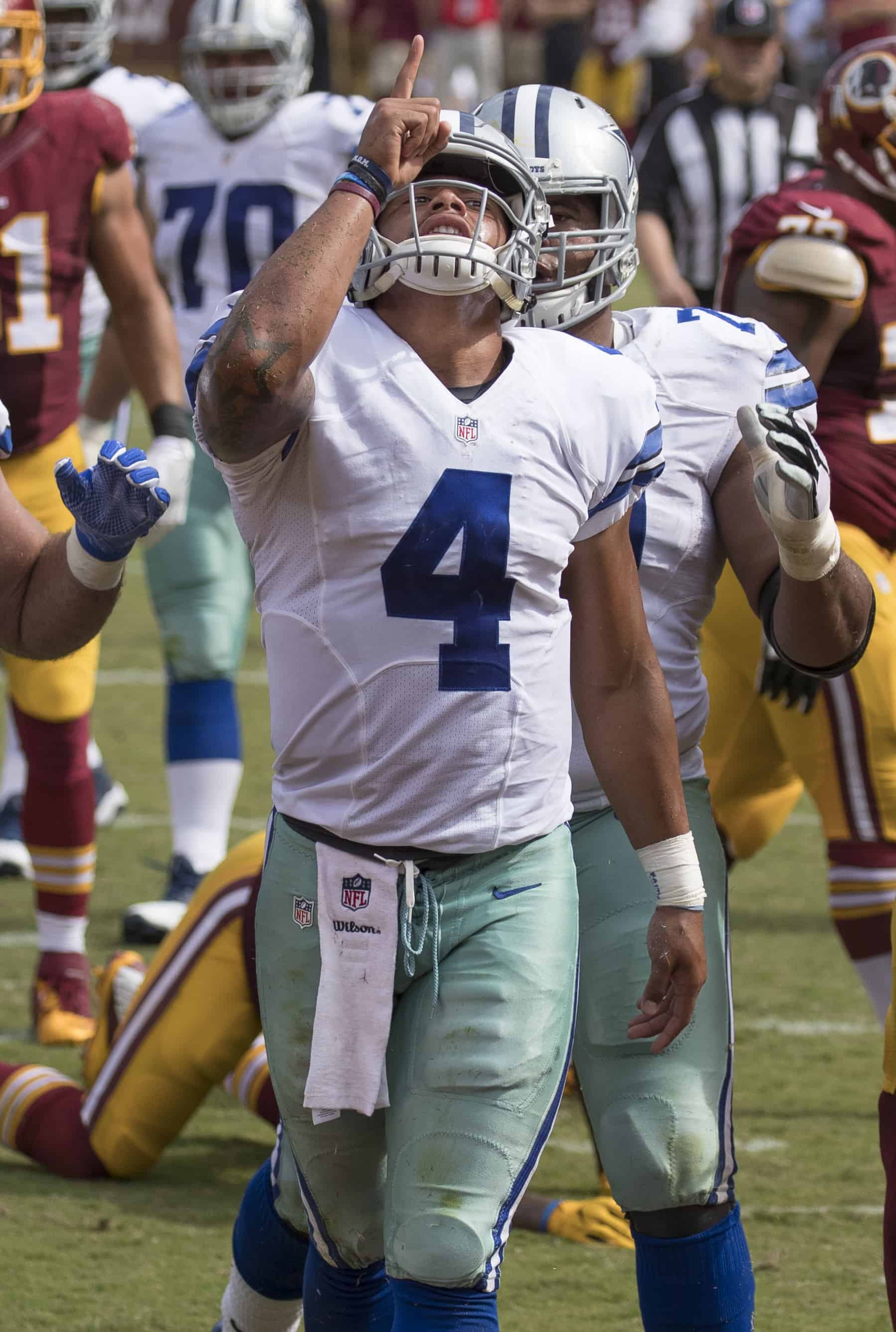The Dallas Cowboys lost 34–31 to the Green Bay Packers a few Sundays ago in an unforgettable duel that culminated with a heart-pounding, game-winning field-goal by the Packers’ Mason Crosby during the closing seconds.
The Cowboys’ fate could have likely been sealed earlier in week 11, at the 2016 draft, in 2006, or even as far back as 2001.
Over the past few decades, the world of sport has fundamentally changed with statistical innovations and a plethora of resources to make player selection easier for owners, coaches, and scouts. Despite the twenty-first century sports revolution we are living through today, the NFL remains old-school; there’s still no greater gut-feeling test in sports than deciding on a starting quarterback.
The greatest executions of Monday-morning quarterbacking — equivalent to claiming to understand artistic genius after completing a paint-by-number Mona Lisa — are often misguided because of their lack of reverence for football history.
That being said, the Cowboys should have realized, sooner rather than later, that they were bound to lose it all with rookie quarterback Dak Prescott at the helm — historically-speaking at least.
Imagine if the Cowboys based the most important decision of their 2016 season solely on a single statistic. Could it have spared the Cowboys fans heartbreak? Would Dallas still be in the playoffs and competing for the Super Bowl? While the correct answer to both questions is likely no, the Cowboys were almost certain to lose eventually with Prescott because of one simple statistic: since the AFL-NFL merger of 1970, no NFL team has won the Super Bowl with a rookie quarterback at its helm.
Cowboys owner and general manager Jerry Jones and head coach Jason Garrett, the top decision makers within the Cowboys organization, were likely aware of this information but unconscious of its future implications when Prescott was thrust into the starting role in week one, replacing injured Dallas franchise quarterback Tony Romo.
Romo’s preseason injury, a fractured vertebra in his back, came at a terrible time for the Cowboys, as the franchise was looking forward to his return after playing in only four games the season before. Losing Romo was a devastating blow to Dallas and while Prescott was drafted as Romo’s insurance policy, any rational Cowboy hoped that at most he’d manage to tread water until Romo returned — but that’s not what happened.
When Romo finally returned in week 11, Prescott had done better than just keep Dallas afloat. The Cowboys were rolling with an 8–1 record and looking towards a franchise record of nine straight victories. With Prescott’s success, Romo’s starting spot was long gone and the 23-year-old quarterback began garnering comparisons to Tom Brady, who replaced Drew Bledsoe in 2001.
Bledsoe, like Romo, was an aging franchise quarterback sidelined due to injury, whereas Brady was a second-year quarterback, led by a spectacular defense, who navigated the Patriots through the playoffs and ultimately won the Super Bowl that season.
Bledsoe never regained his starting position with the Patriots. Following Brady winning the Super Bowl, he was traded to the Buffalo Bills before ending his career with the Cowboys.
There’s something to be said for sticking with the hot hand. In the Cowboys’ case it didn’t make sense to make changes to a successful team, and the Cowboys never explicitly made the decision to replace Prescott with Romo. In fact, Romo played a meaningless throwaway game in week 17, where he came in for one series and threw a touchdown pass.
But Romo, the longtime franchise quarterback, didn’t play in the loss against the Packers. The 36-year-old was dressed in full pads, wore a baseball cap and headset, and was ready at a moment’s notice, but he was never called upon.
As for Romo, an experienced veteran with only two playoff victories under his belt in his 13-year NFL career, he ended up not making an impact on the team’s best season since their championship years in the mid-1990s. He was undrafted at the beginning of his career and has been through it all, but somehow he never managed to pull it all together — and now he won’t likely have that chance again.


